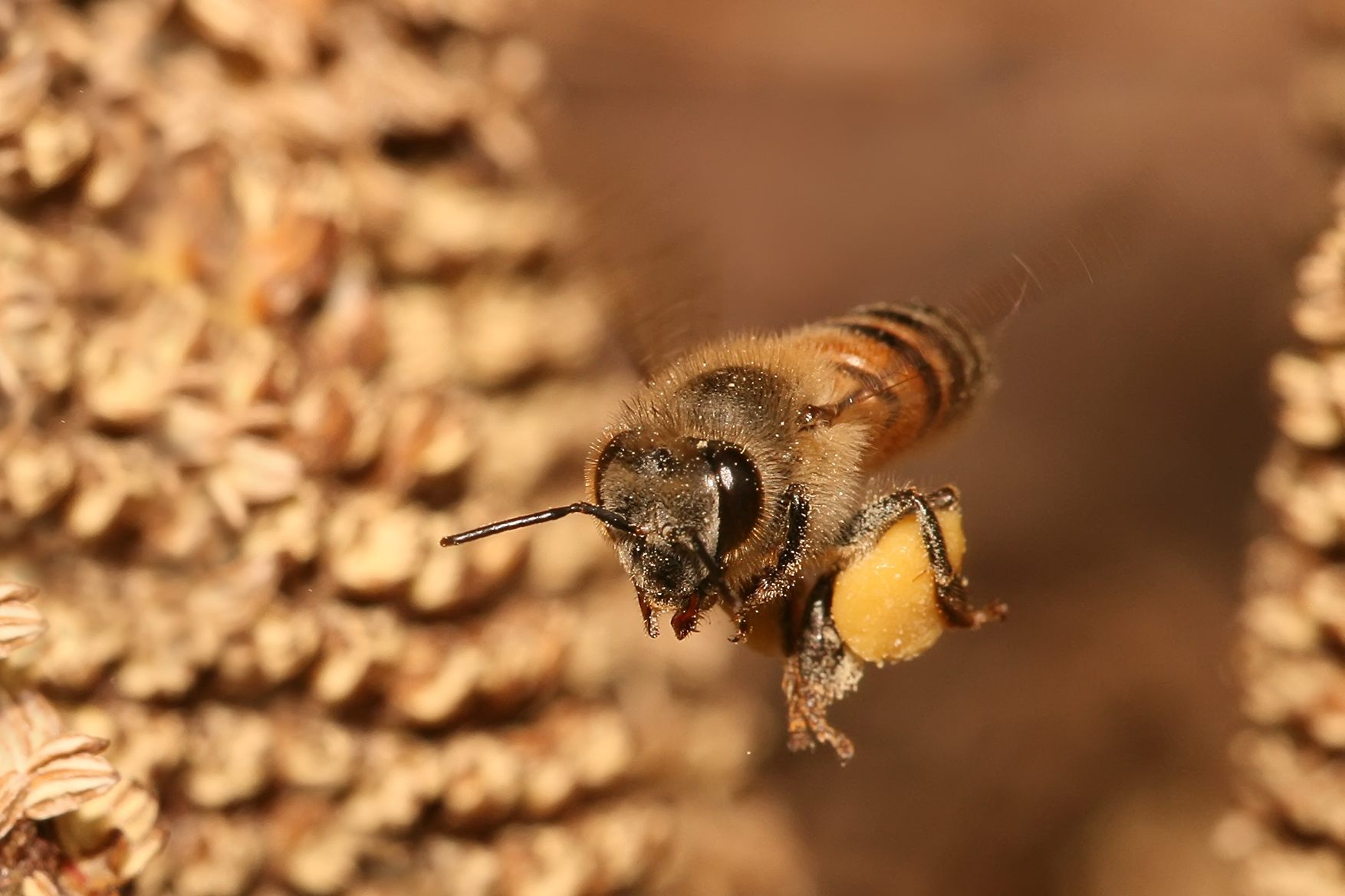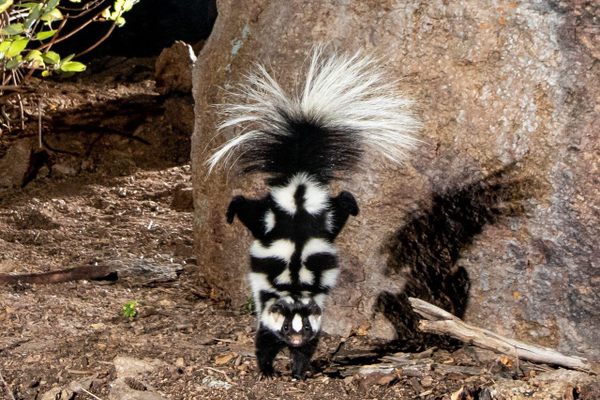We’re Getting Closer to Knowing Why Bees Are Dying Off Worldwide
One widely-used pesticide was found to reduce bee sperm counts.

(Photo: Muhammad Mahdi Karim/GNU 1.2)
The world bee population has been in decline for years now, and scientists have been generally puzzled over the reasons why. Insects, including bees, are essential to pollinating 75 percent of the crops we eat, meaning that bees’ continued decline as a species is more than a little worrisome.
But new research published Wednesday in Proceedings of the Royal Society B suggests at least one primary cause: neonicotinoid pesticides, which have been mostly banned in the European Union since 2013.
Neonicotinoid pesticides were found to have decreased the sperm count of male bees by nearly 40 percent, as well as cutting their lifespan.
Neonicotinoids have been widely used for decades, but in the past several years concerns have been raised about their environmental effects, leading to the restrictions for countries in the E.U. Other countries, including the U.S., only lightly regulate their use.
“Any influence on sperm quality may have profound consequences for the fitness of the queen, as well as the entire colony,” the researchers said, according to the Guardian.
Neonicotinoids, it turns out, are a form of contraception for bees. But just not the kind they asked for or need.
































Follow us on Twitter to get the latest on the world's hidden wonders.
Like us on Facebook to get the latest on the world's hidden wonders.
Follow us on Twitter Like us on Facebook